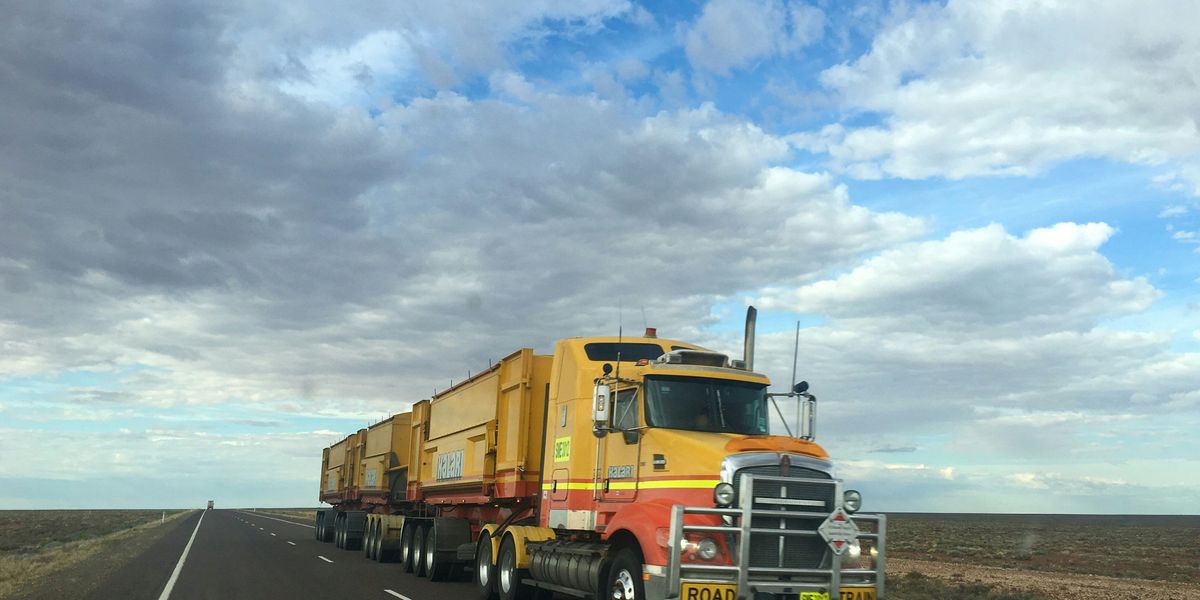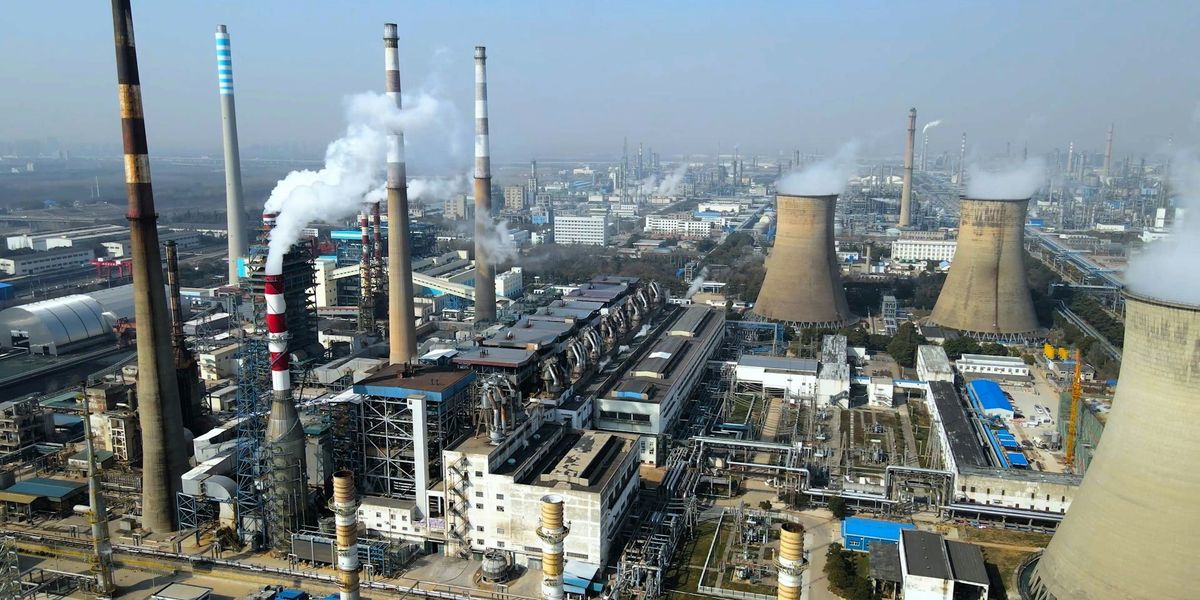middle east and north africa
Iraq’s oil boom blamed for worsening water crisis in drought-hit south
Iraq’s oil boom blamed for worsening water crisis in drought-hit south
Journalists Sara Manisera and Daniela Sala write about Western oil companies who are exacerbating water shortages and causing pollution in Iraq as they race to profit from rising oil prices after Russia’s invasion of Ukraine.
In a nutshell
Western oil companies, including Eni, BP, and ExxonMobil, are exacerbating water shortages and pollution in Iraq as they seek to profit from rising oil prices following Russia's invasion of Ukraine. The extraction process requires large amounts of water, causing a decline in Iraq's water resources as oil exports increase. The construction of dams and water treatment plants by these companies is disrupting the natural flow of water and contributing to water scarcity, displacement, and social instability in the region.
Key quote
“Overall the volume of water injections required is not huge, but in water-stressed areas this can cause serious problems,” said Robert Mills, the chief executive of Qamar Energy, an independent consultancy, and author of a 2018 report on Iraq’s water injection needs.
Big picture
As Western oil companies pump large quantities of water into the ground to extract oil, it leads to a depletion of water resources in regions already facing water scarcity. This exacerbates water stress and can potentially trigger conflicts over access to water, adding to existing geopolitical tensions. Additionally, the environmental consequences of this water-intensive process, such as pollution and gas flaring, contribute to climate change and air pollution, affecting not only local populations but also having implications for global environmental health.
Read the full Guardian story here.
A precious resource: How Israel uses water to control the West Bank
In occupied West Bank villages, Israeli-owned farms are flourishing, while Palestinians often do not have enough water to drink.
Death in the marshes: environmental calamity hits Iraq’s unique wetlands
Rivers and lakes that have nurtured communities since civilisation’s dawn are drying up, as drought leads to hunger, displacement and simmering conflict.
Poison in the haze: documenting life under Ahvaz’s oppressive orange skies
Ahvaz, in western Iran, is one of the world’s most polluted cities. Mohamad Madadi has made it a mission to photograph his home town’s environmental crisis.
Hundreds of Iraqis hospitalised as thick sandstorm blankets country
Iraq is prone to seasonal sandstorms, a type of dust storm in desert areas, but experts and officials are raising alarm over their frequency in recent years, which they say is exacerbated by record-low rainfall, desertification and climate change.
‘Gushing oil and roaring fires’: 30 years on Kuwait is still scarred by catastrophic pollution
Oilwells set alight by Iraqi forces in 1991 were put out within months, but insidious pollution still mars the desert.
From 1m trees to a tree graveyard: how Dubai’s conservation plans went awry
Hundreds of thousands of trees have died after costly real estate projects thwarted attempts to halt desertification.



















